Finishing a stimulating interactive class in Global Labor Economics at the School of Public Policy of the Central European University (CEU) with George Soros Chair Professor Klaus F. Zimmermann in the Spring Term in Budapest, Hungary.
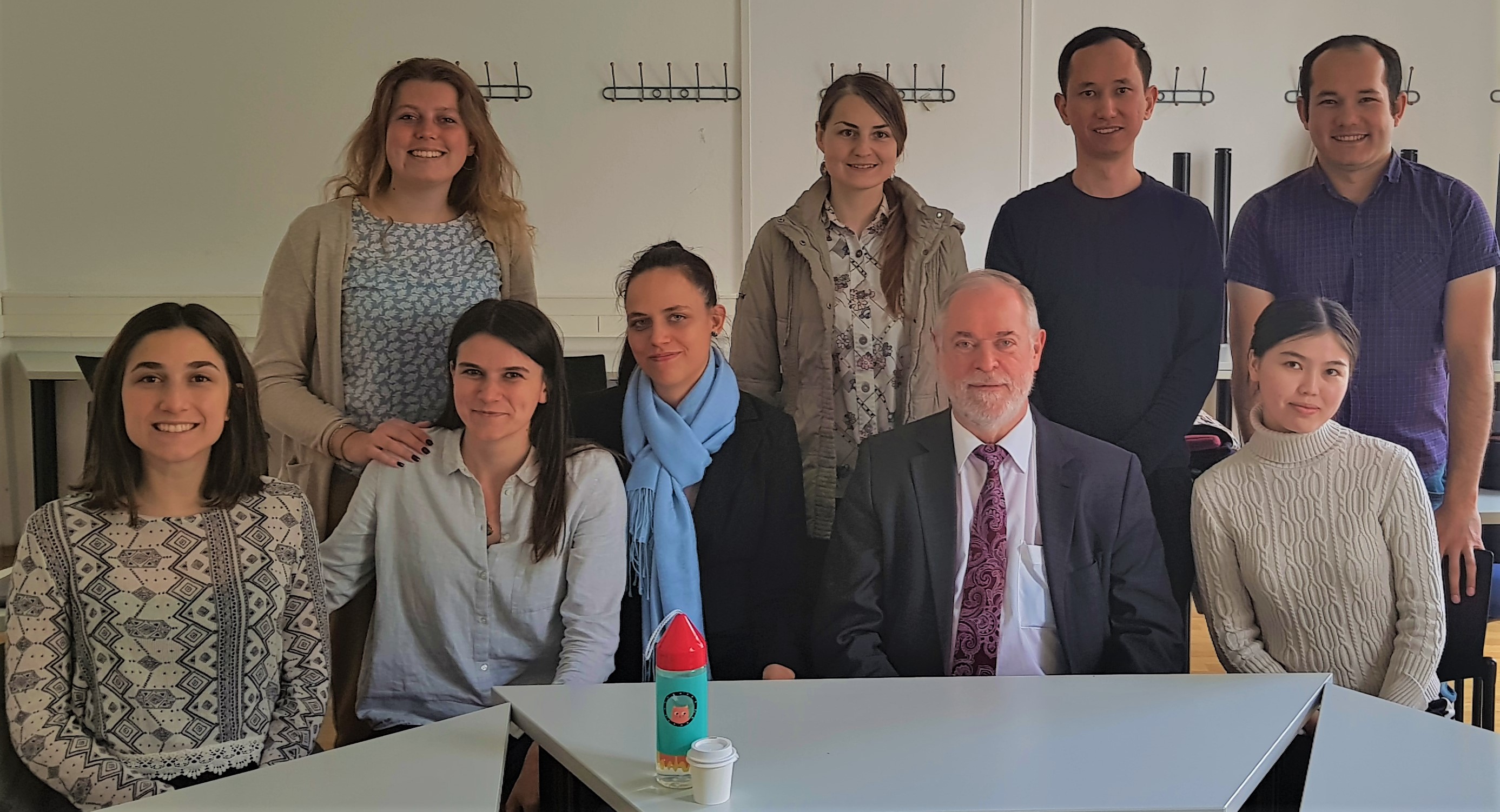
Ends;
Finishing a stimulating interactive class in Global Labor Economics at the School of Public Policy of the Central European University (CEU) with George Soros Chair Professor Klaus F. Zimmermann in the Spring Term in Budapest, Hungary.

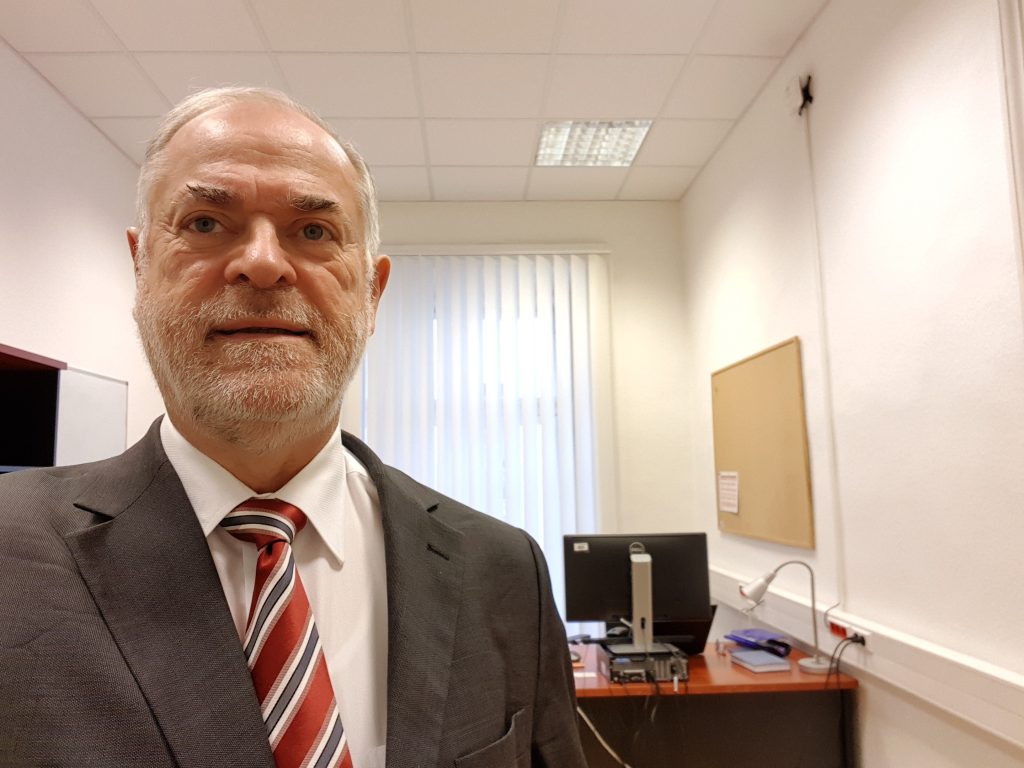
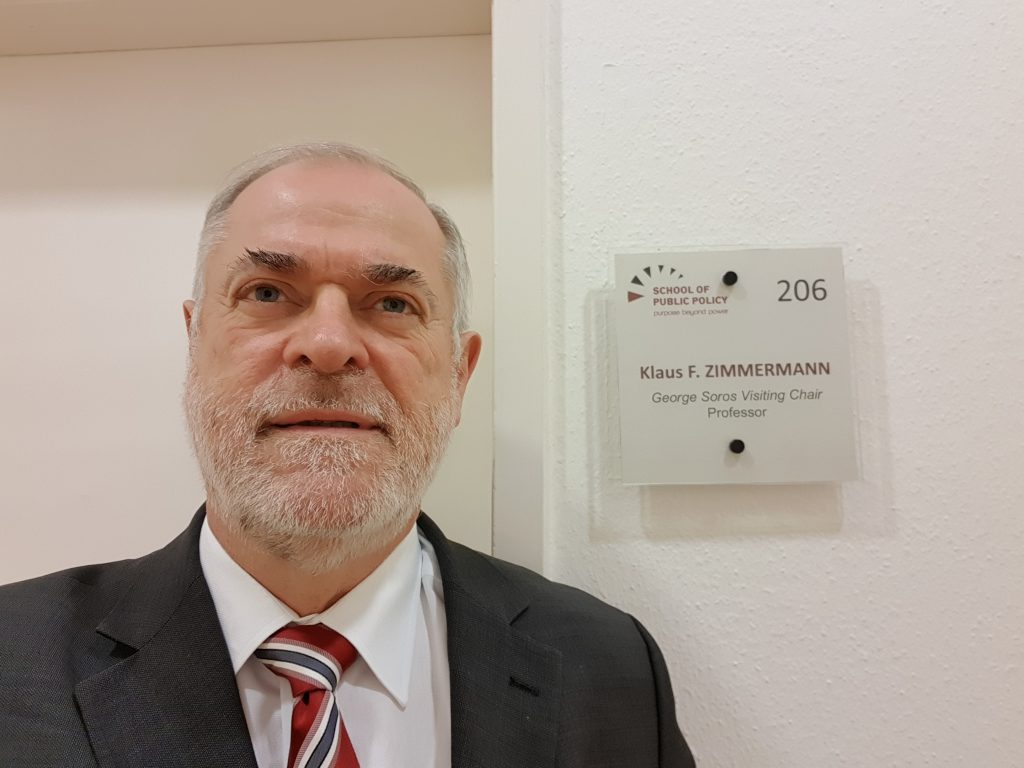
Ends;
The GLO Discussion Paper of the Month of April 2019 provides a historical explanation on within-country differences in levels of trust. Specifically, the paper finds that the lower trust levels present in former USSR countries can be traced back to the system of forced prison labor present during Stalin’s regime, which created terror and mass repression, causing individuals to lose trust in neighbors, institutions and society at large.
GLO Discussion Papers are research and policy papers of the GLO Network which are widely circulated to encourage discussion. Provided in cooperation with EconStor, a service of the ZBW – Leibniz Information Centre for Economics, GLO Discussion Papers are among others listed in RePEc (see IDEAS, EconPapers). Complete list of all GLO DPs downloadable for free.
GLO Discussion Paper No. 344, 2019.344 Stalin and the origins of mistrust – Download PDF
by Nikolova, Milena & Popova, Olga & Otrachshenko, Vladimir
GLO Fellows Milena Nikolova and Olga Popova
Abstract: We show that current differences in trust levels within former Soviet Union countries can be traced back to the system of forced prison labor during Stalin’s rule, which was marked by high incarceration rates, repression, and harsh punishments. We argue that those exposed to forced labor camps (gulags) became less trusting and transferred this social norm to their descendants. Combining contemporary individual-level survey data with historical information on the location of forced labor camps, we find that individuals who live near former gulags have low levels of social and institutional trust. Our results are robust to a battery of sensitivity checks, which suggests that the relationship we document is causal. We outline several causal mechanisms and test whether the social norm of mistrust near gulags developed because of political repression or due to fear that inmates bring criminality. As such, we provide novel evidence on the channels through which history matters for current socio-economic outcomes today.
344 Stalin and the origins of mistrust – Download PDF
by Nikolova, Milena & Popova, Olga & Otrachshenko, Vladimir
343 Intergenerational Mobility: An Assessment for Latin American Countries – Download PDF
by Doruk, Ömer Tuğsal & Yavuz, Hasan Bilgehan & Pastore, Francesco
342 The impact of Brexit on International Students’ Return Intentions – Download PDF
by Falkingham, Jane & Giulietti, Corrado & Wahba, Jackline & Wang, Chuhong
341 Labour mobility and interprovincial trade in Canada – Download PDF
by Aziz, Nusrate & Mahar, Gerry
340 Should I stay or should I go? Migration and job-skills mismatch among Italian doctoral recipients –Download PDF
by Alfano, Vincenzo & D’Uva, Marcella & De Simone, Elina & Gaeta, Giuseppe Lucio
GLO DP Team
Senior
Editors: Matloob Piracha (University of Kent) & GLO; Klaus F.
Zimmermann (UNU-MERIT, Maastricht University and Bonn University).
Managing Editor: Magdalena Ulceluse, University of Groningen. DP@glabor.org
Ends;
Klaus F. Zimmermann is the George Soros Chair Professor at the School of Public Policy of the Central European University (CEU) offering a student class on Global Labor Economics. He is also the President of the Global Labor Organization (GLO), the Section Chair for Economics, Business and Management of the Academia Europaea, the European Academy of Science and Professor Emeritus of Bonn University.
On May 8, 2019, Zimmermann gave a speech (George Soros Lecture) at CEU on “Global Labor Economics: Challenges and Benefits”, summarizing major aspects from his class. He explained why global labor economics can contribute forcefully to the wealth of nations. Connecting his work to Adam Smith, he suggested that global labor mobility is the ultimate consequence of the division of work which is the driving force behind economic development and global wellbeing. While most research on global labor economics documents that migration is beneficial for economic efficiency and the basis of wellbeing of the people, he thinks that it is necessary to develop a common multi-ethnic social and cultural identity to make this broadly effective in societies.
Martin Kahanec, Professor and Head of the School of Public Policy, was introducing Zimmermann to a larger group of interested participants, and chaired the discussion after the talk. Kahanec and Zimmermann had published various books and articles together dealing with global labor economics, in particular on the consequences of EU enlargement and migration.
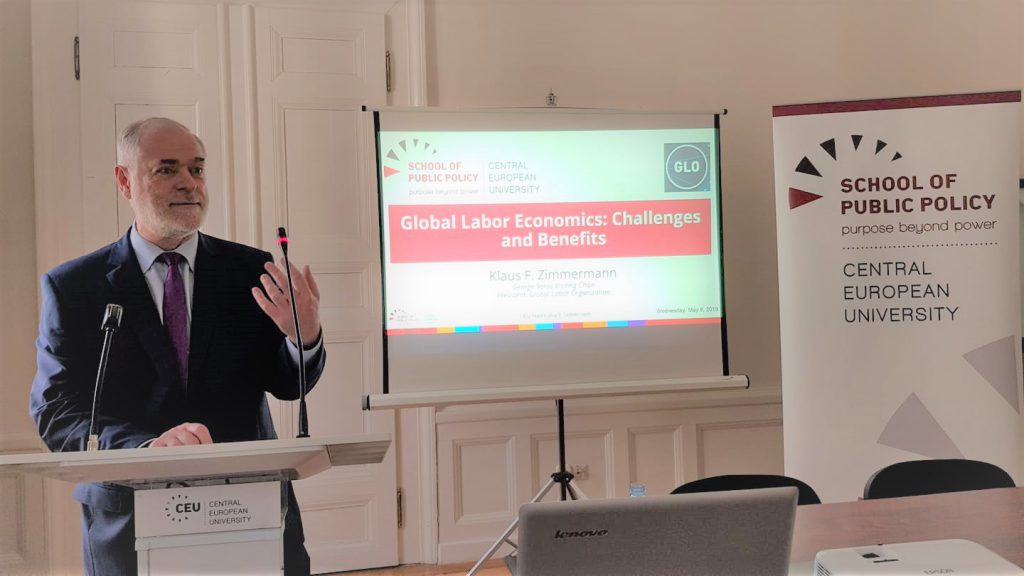
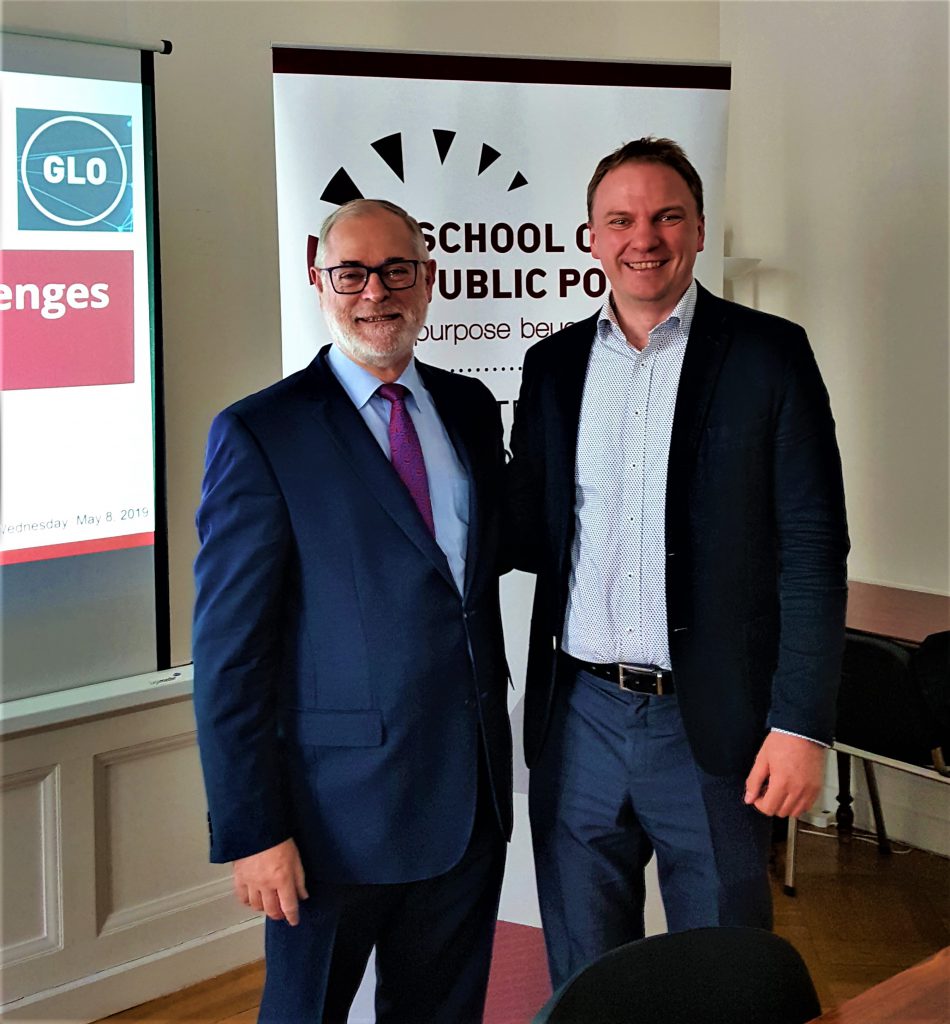
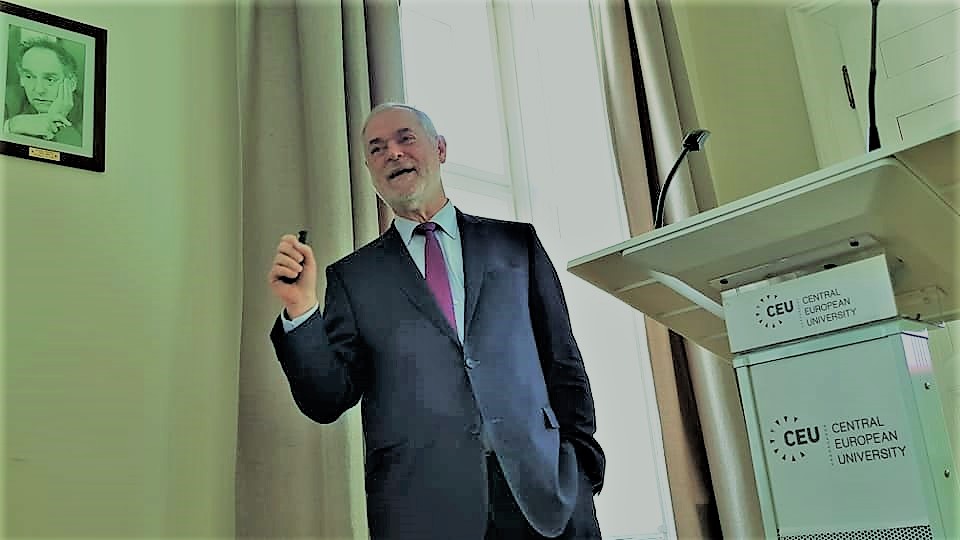
Ends;
Easter Monday, April 22, 2019. Hiking in the Seven Mountains nearby Bonn.
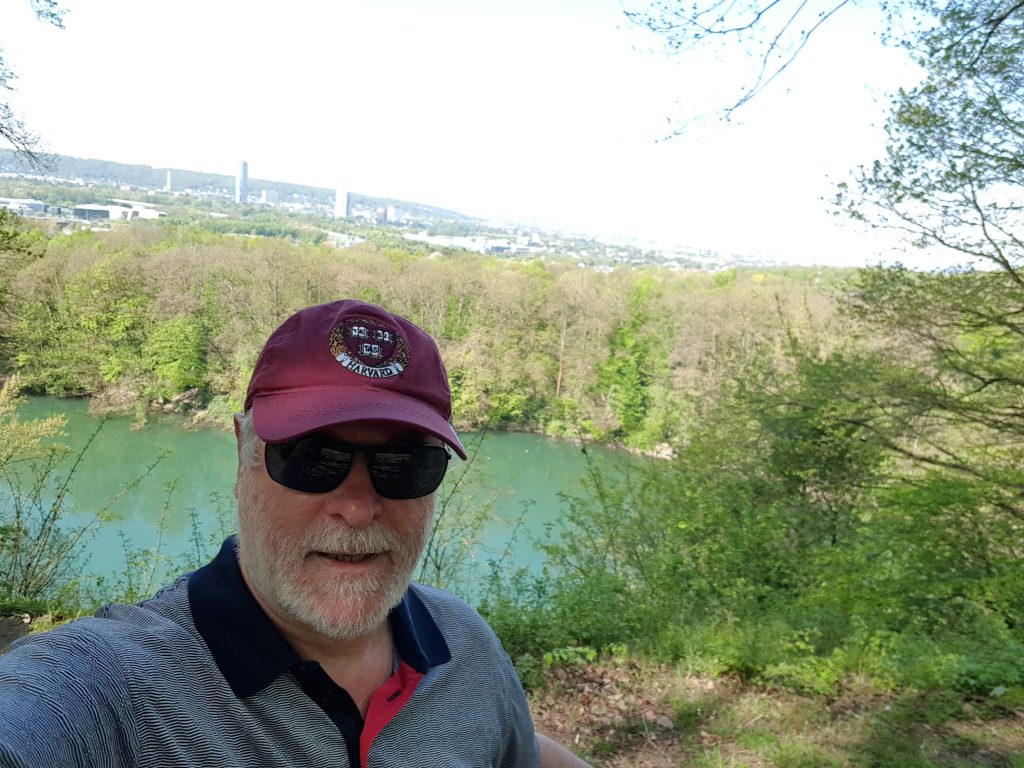
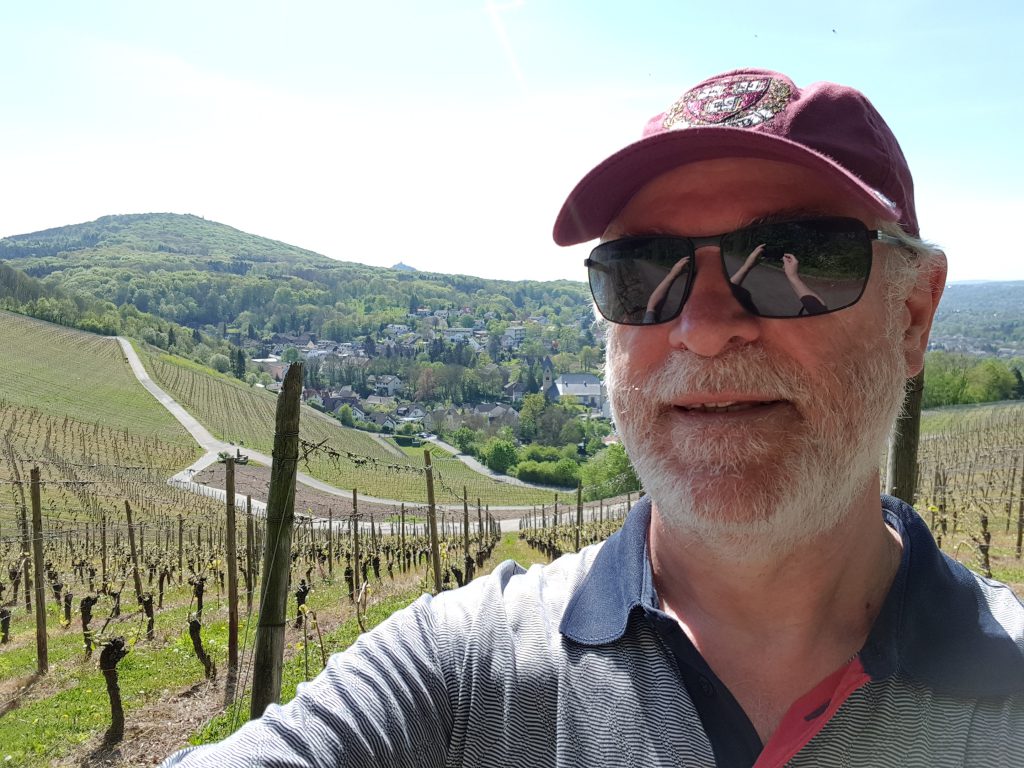
April 18-21, 2019. Visit of the Semperoper including the “Zauberflöte” (The Magic Flute) of Mozart; Frauenkirche, Hofkirche, Zwinger, historical walking tour, et al.; walk alongside the river Elbe to the Loschwitz Bridge, better known as the “Blue Wonder” due to the original color and being seen as a technological miracle at the time of construction (1893).
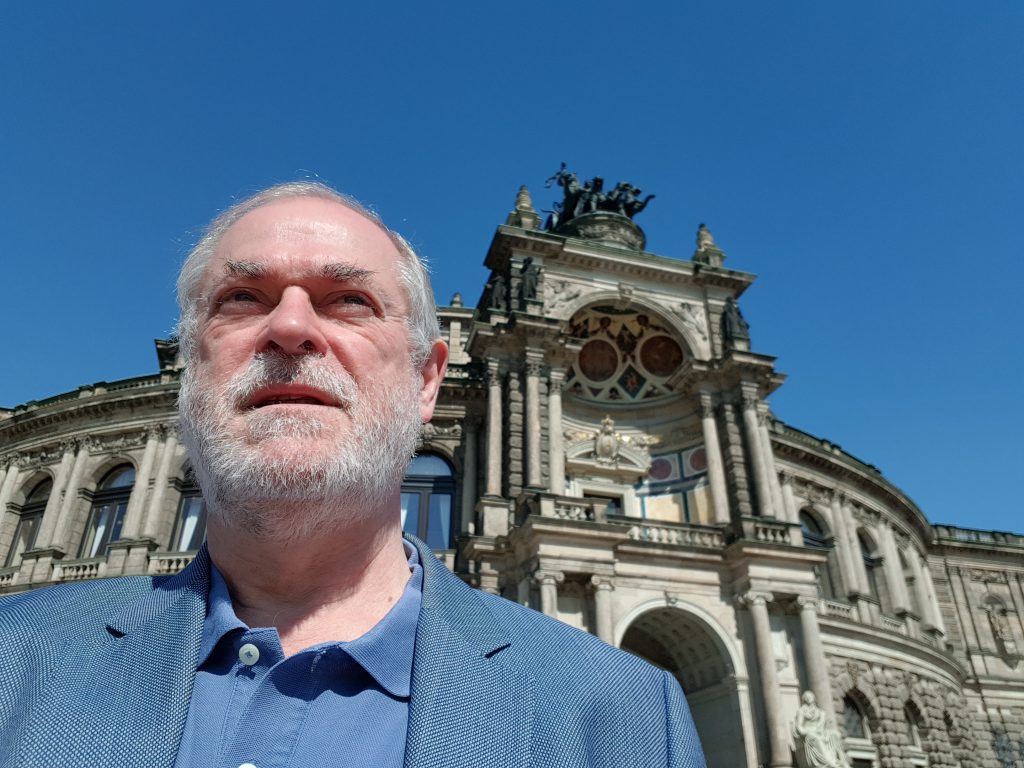
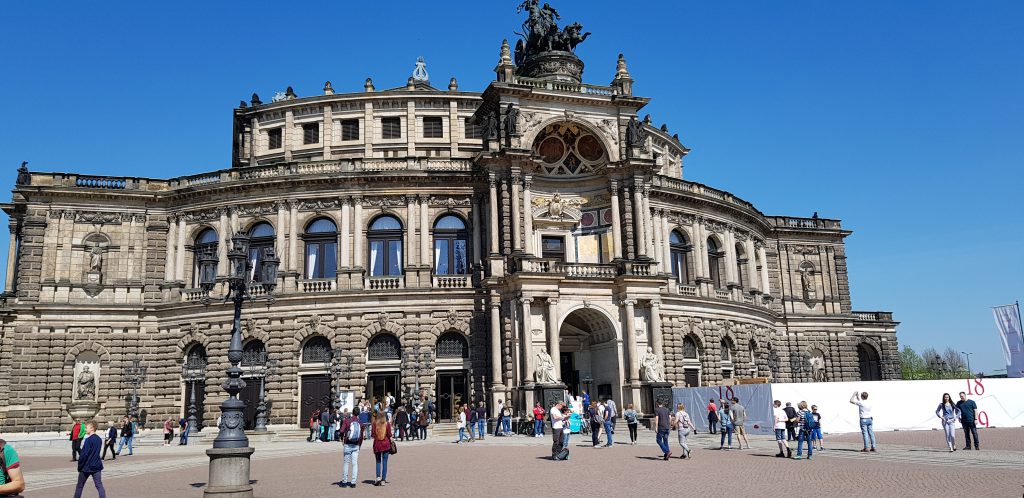
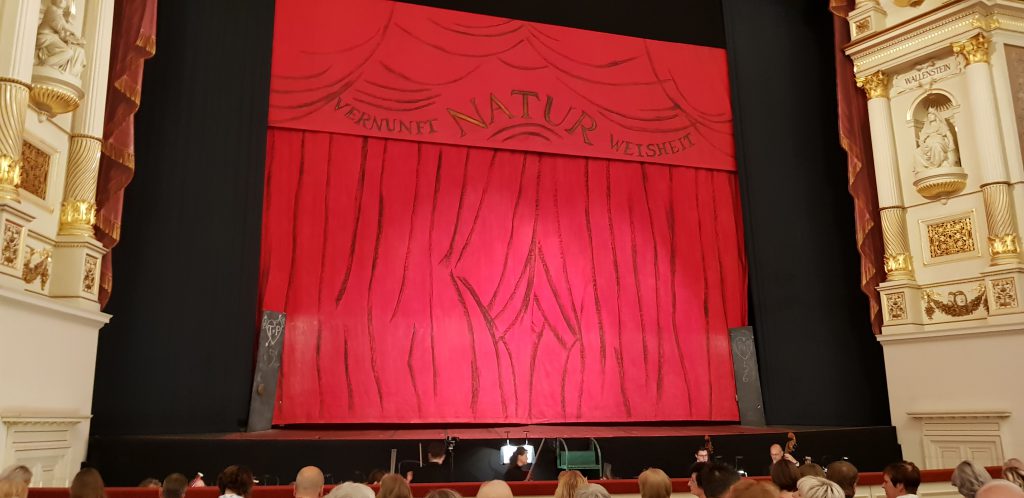

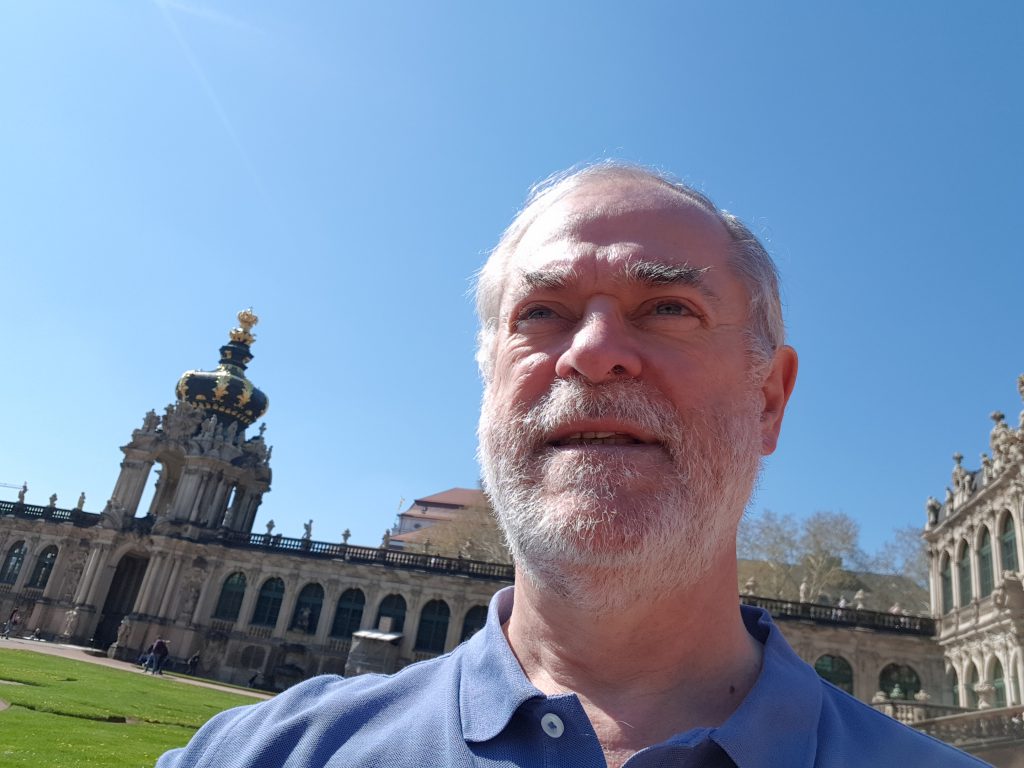
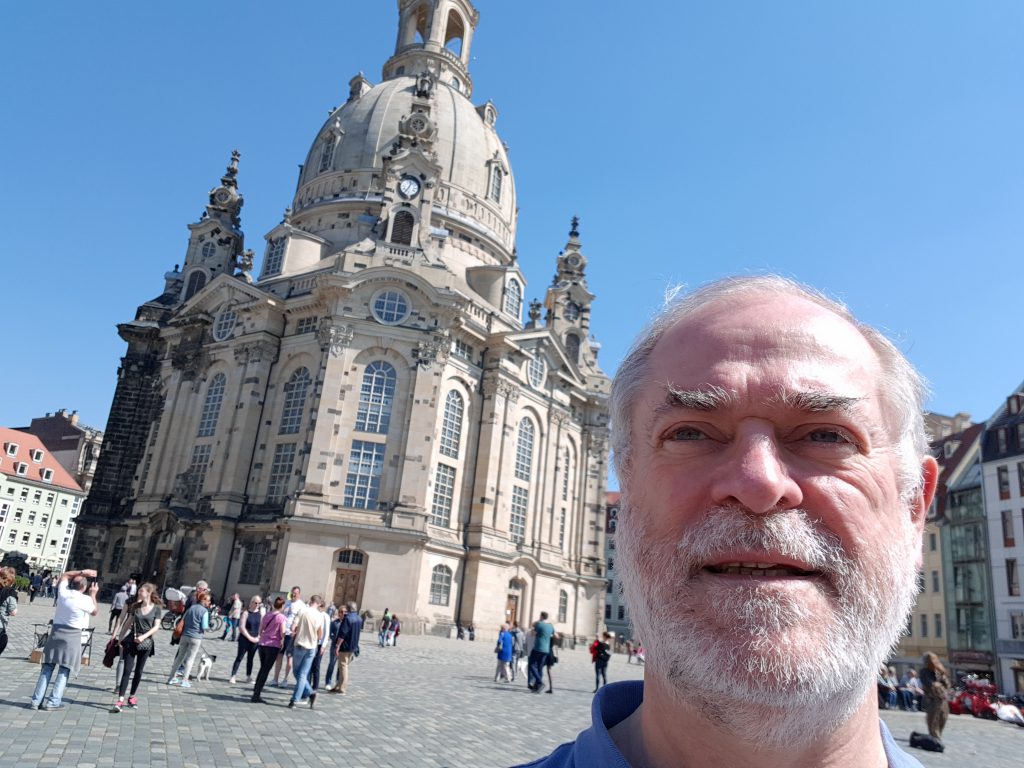
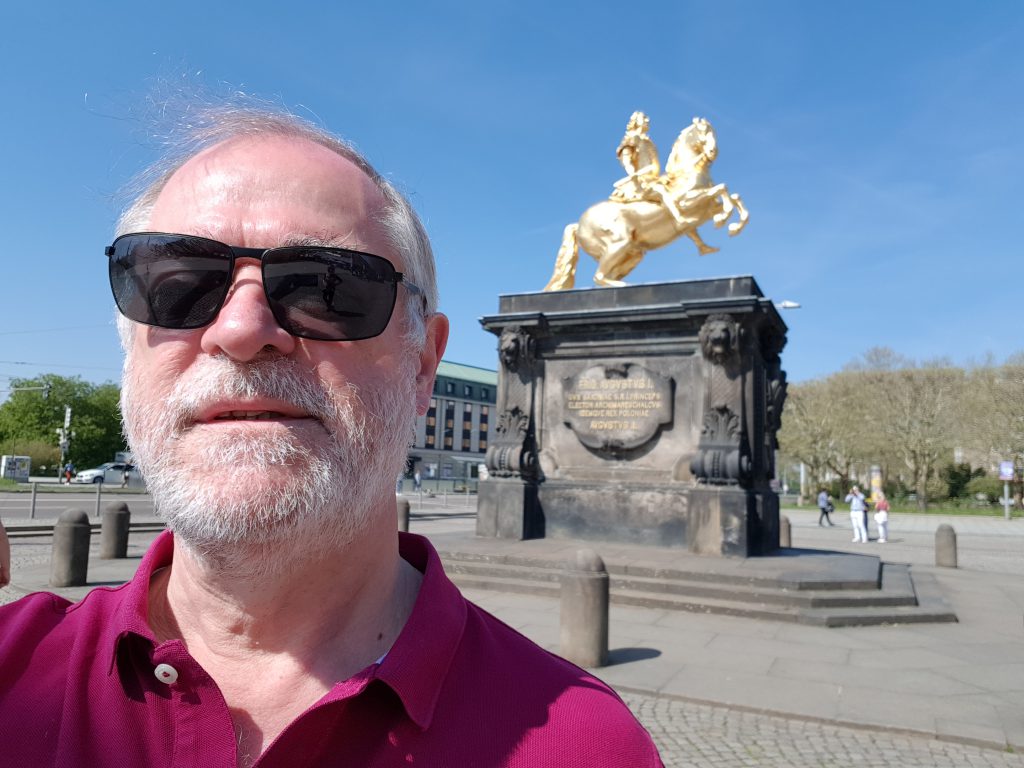
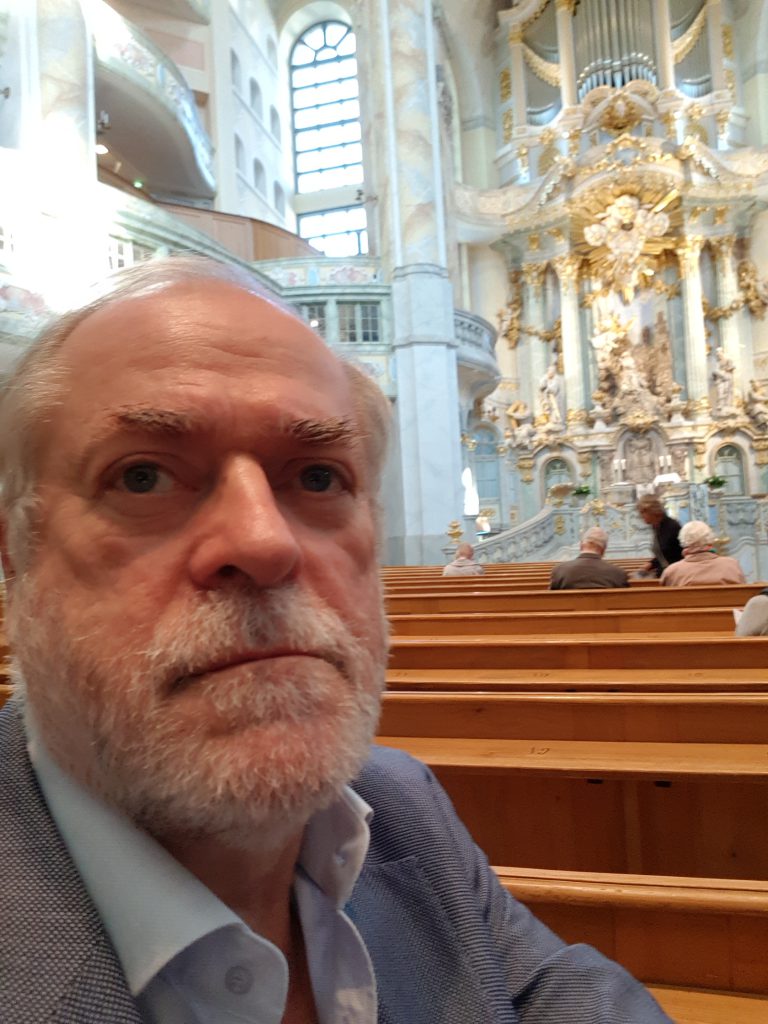
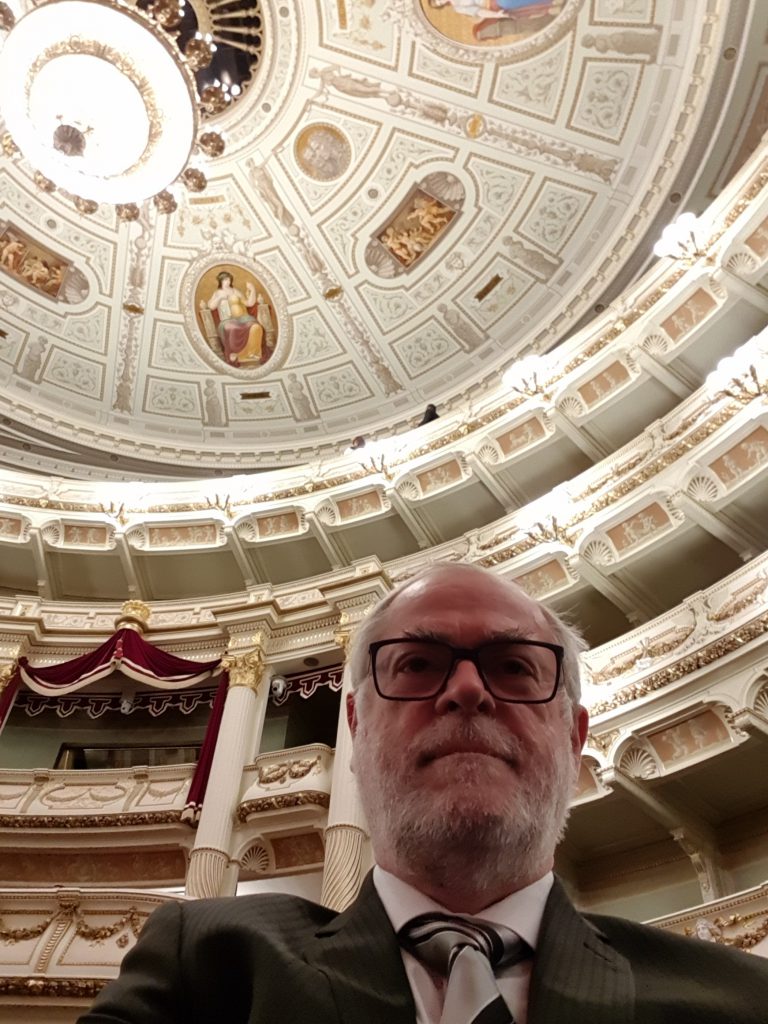
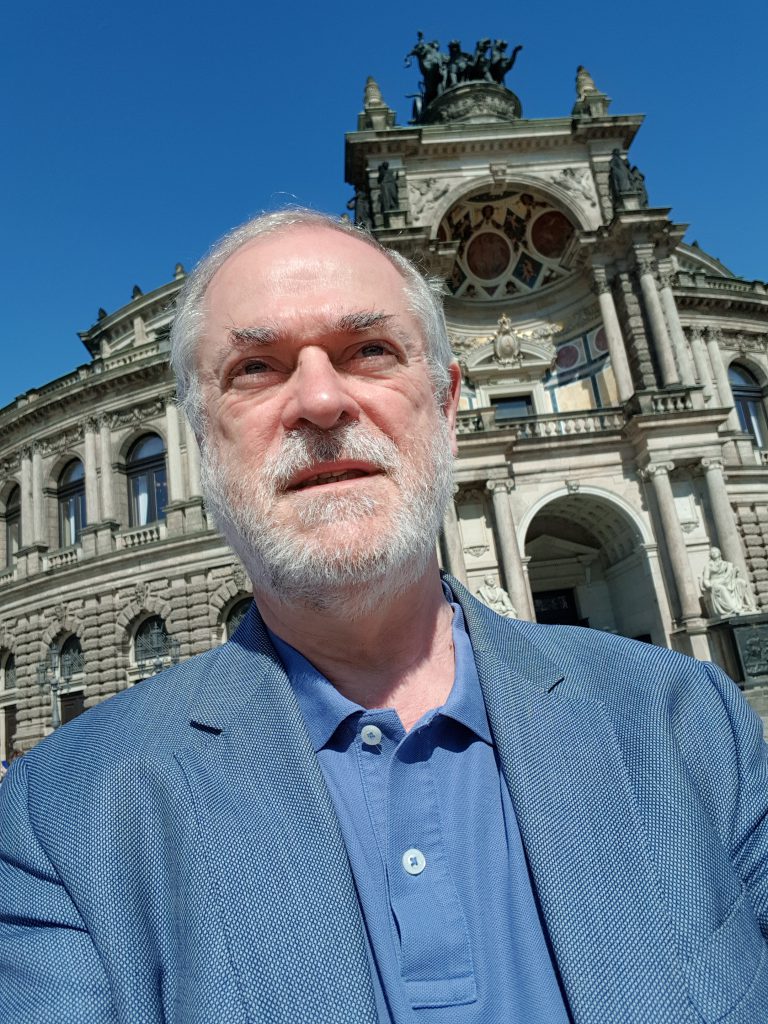
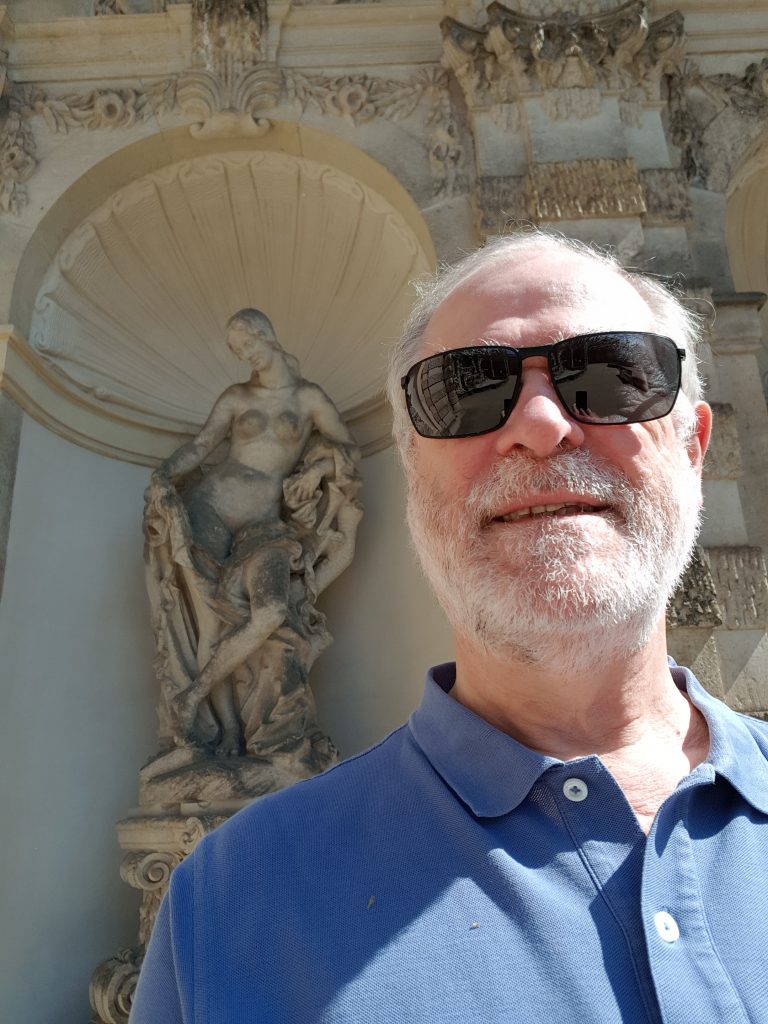
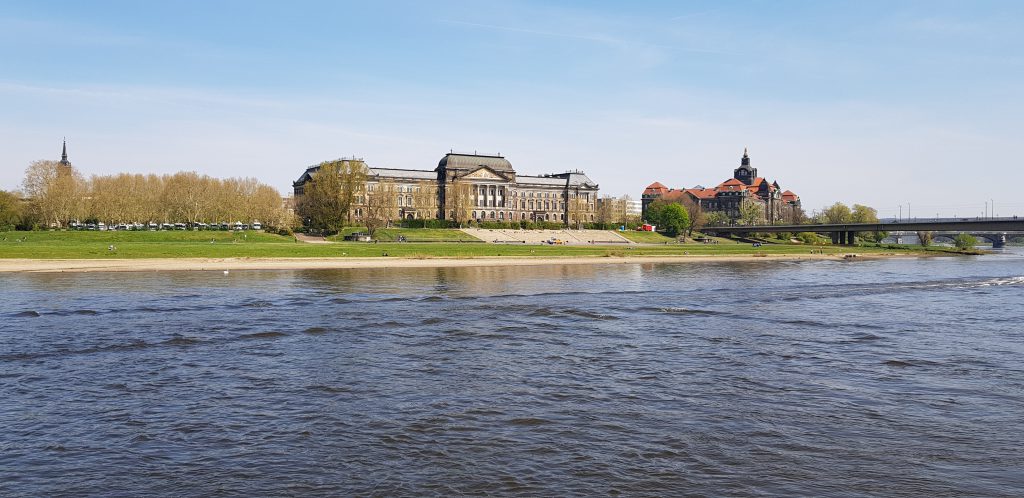
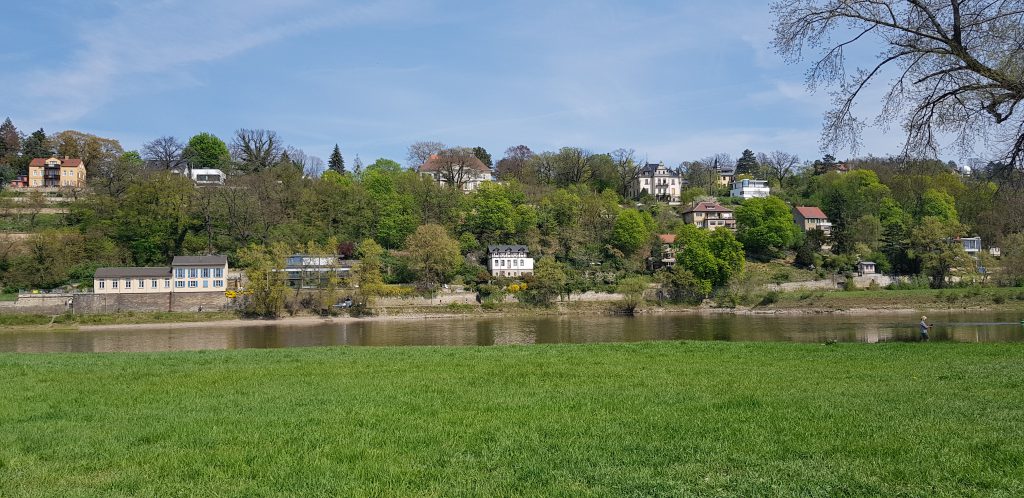
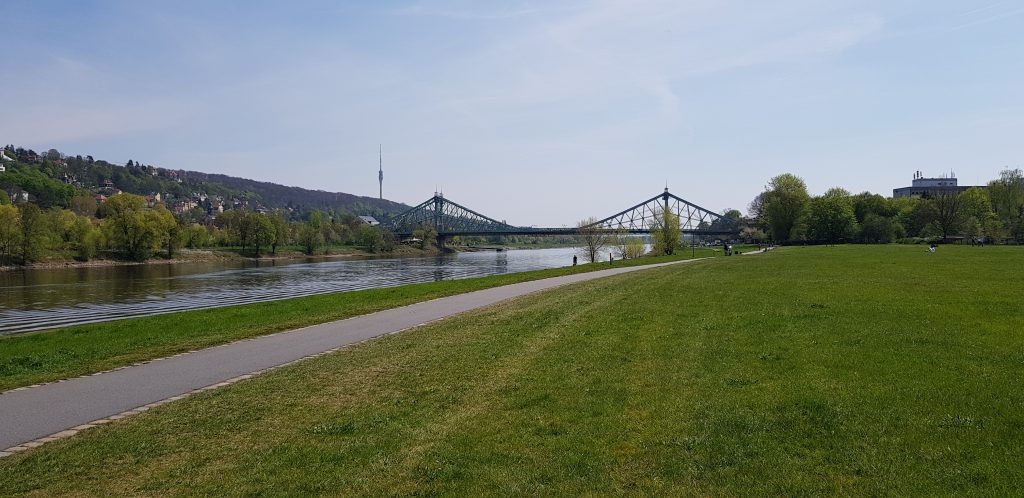
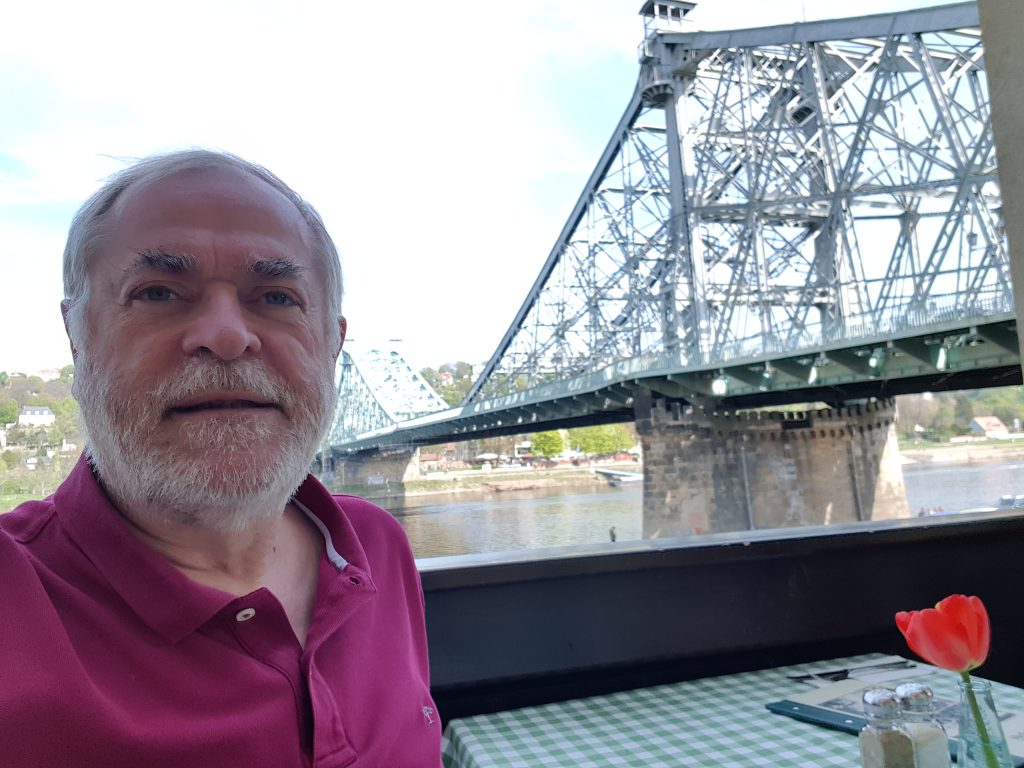
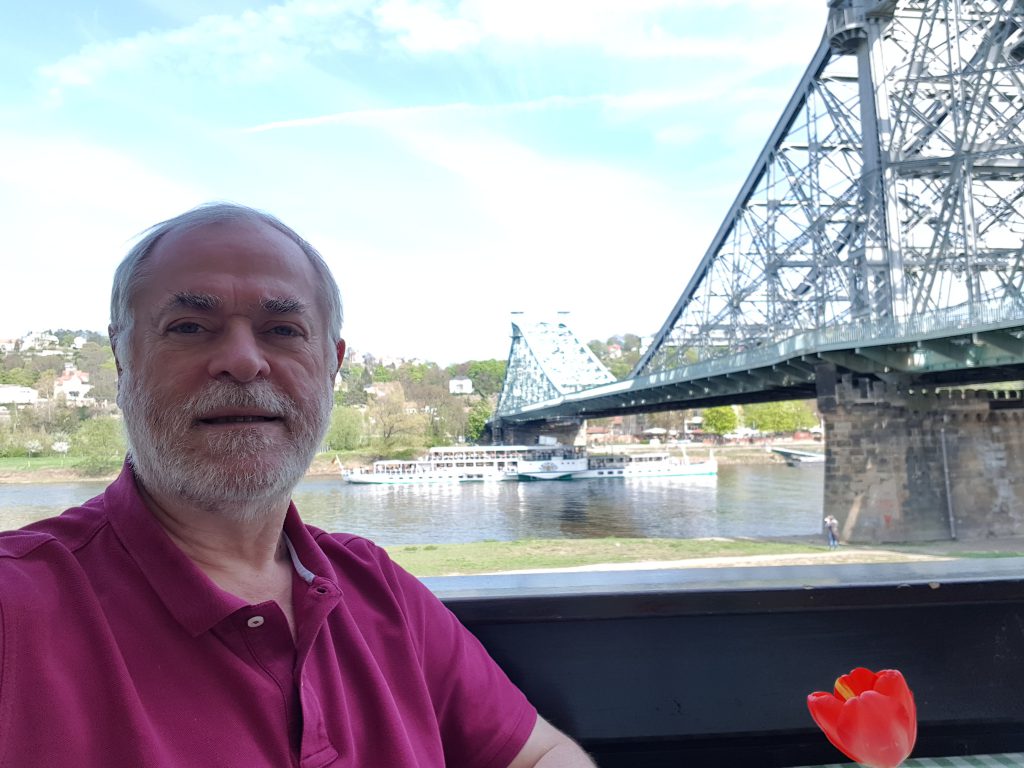
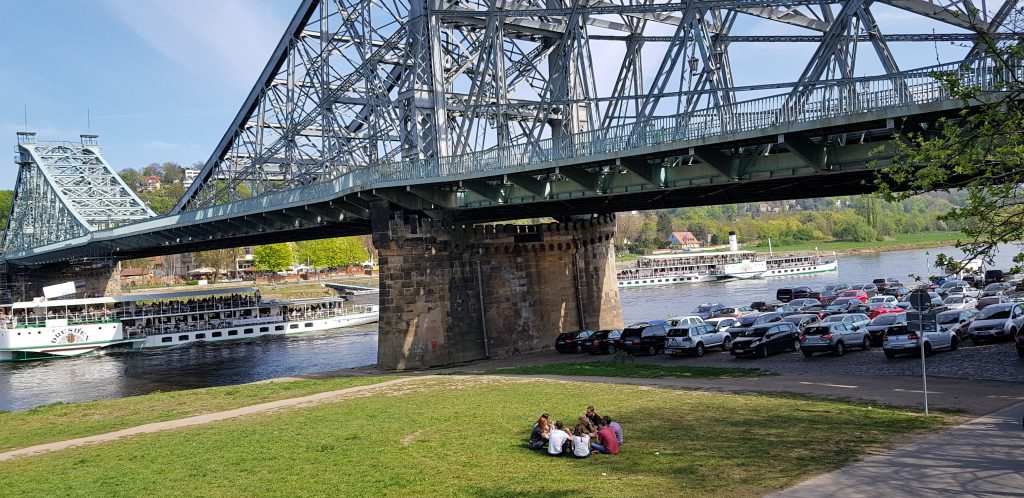
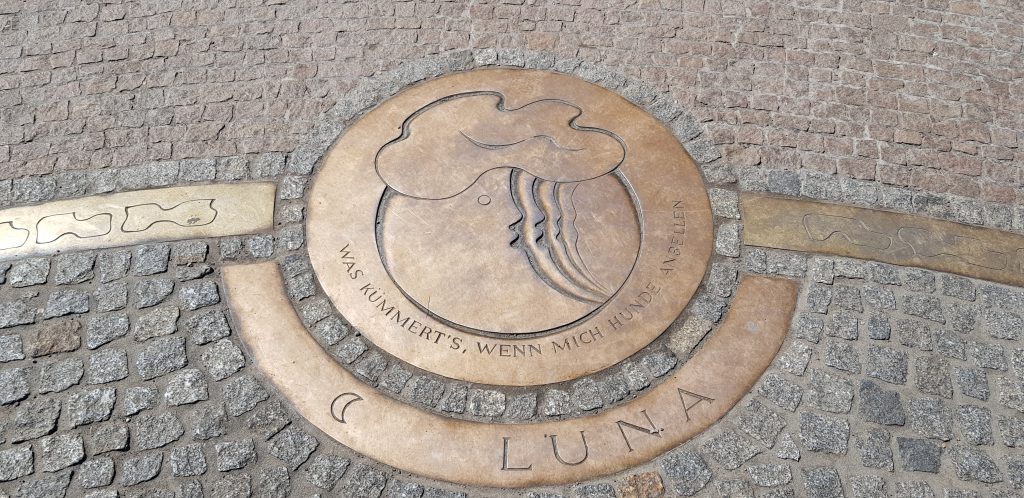
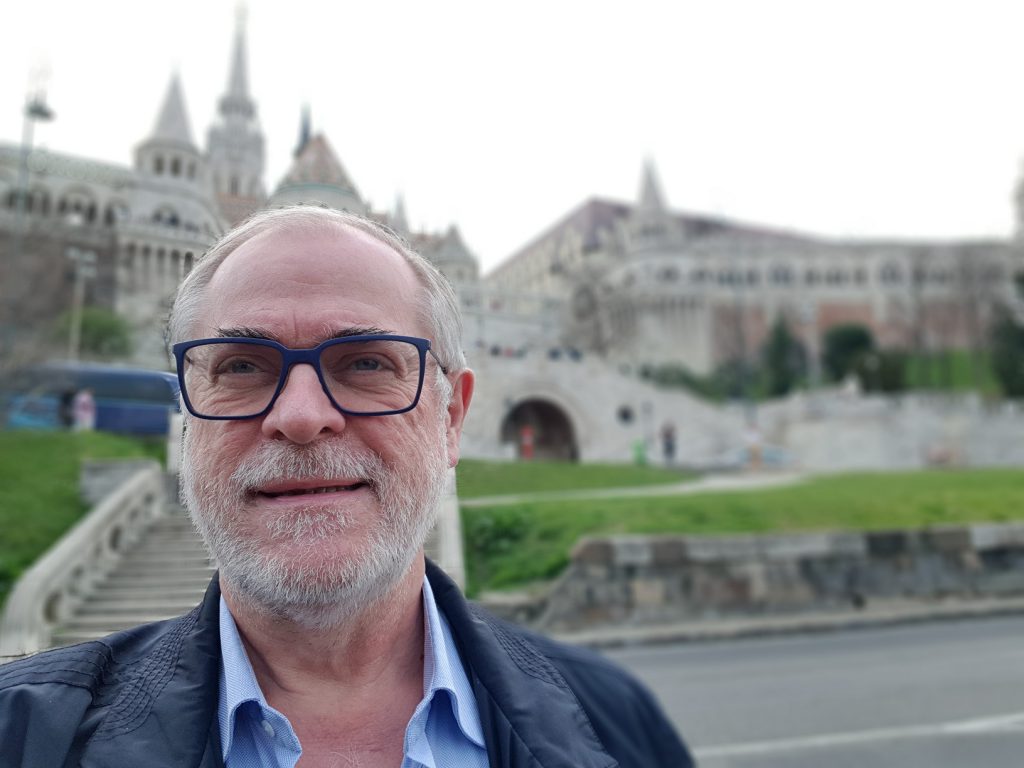
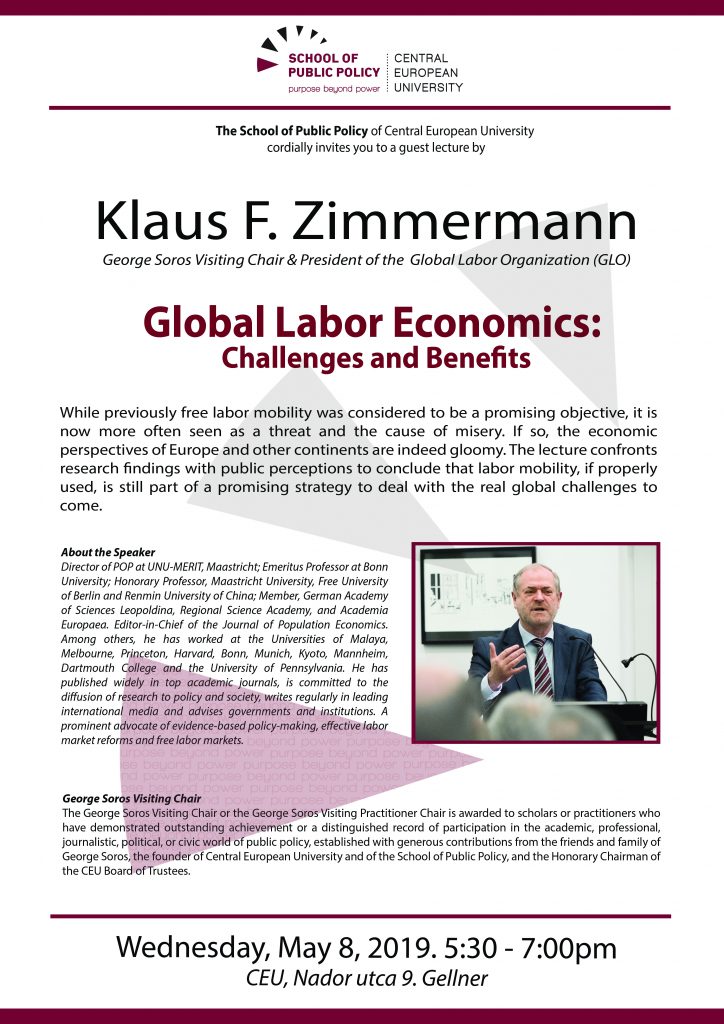
To participate please register with Bernadett Ball of CEU at BallB@spp.ceu.edu
For more information about Klaus F. Zimmermann see at SPP of CEU or at Zimmermann’s personal website.
Ends;
Dinner for 1 in Hong Kong and in Helsinki on April 9 & 10, 2019.
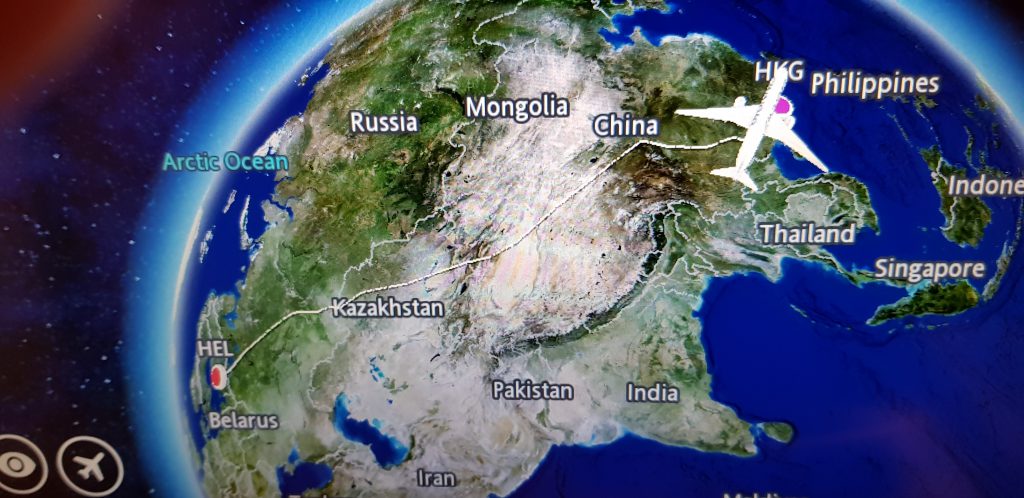

Enjoying the flight to reach the Hong Kong event (see post) and returned.

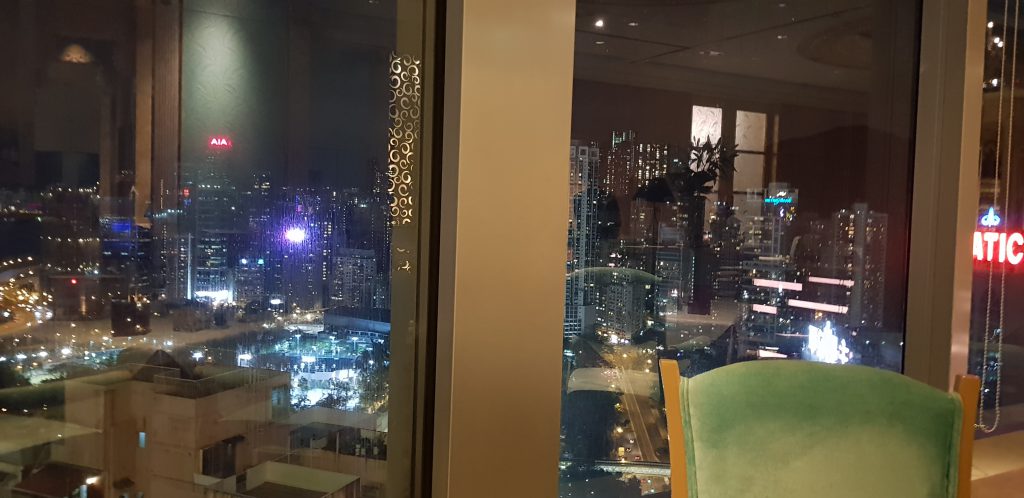
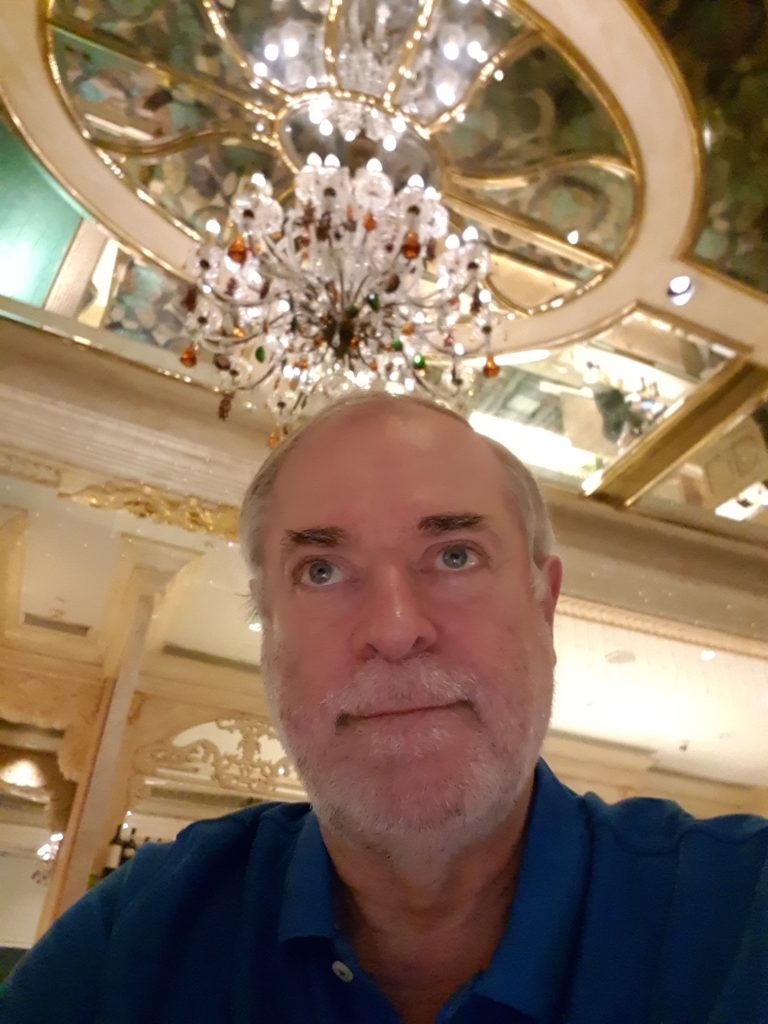
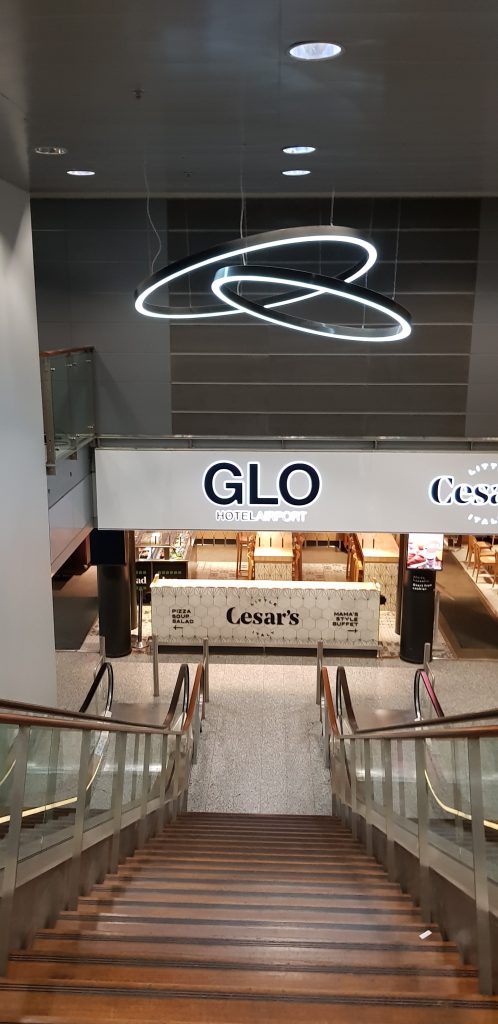
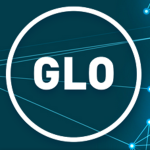
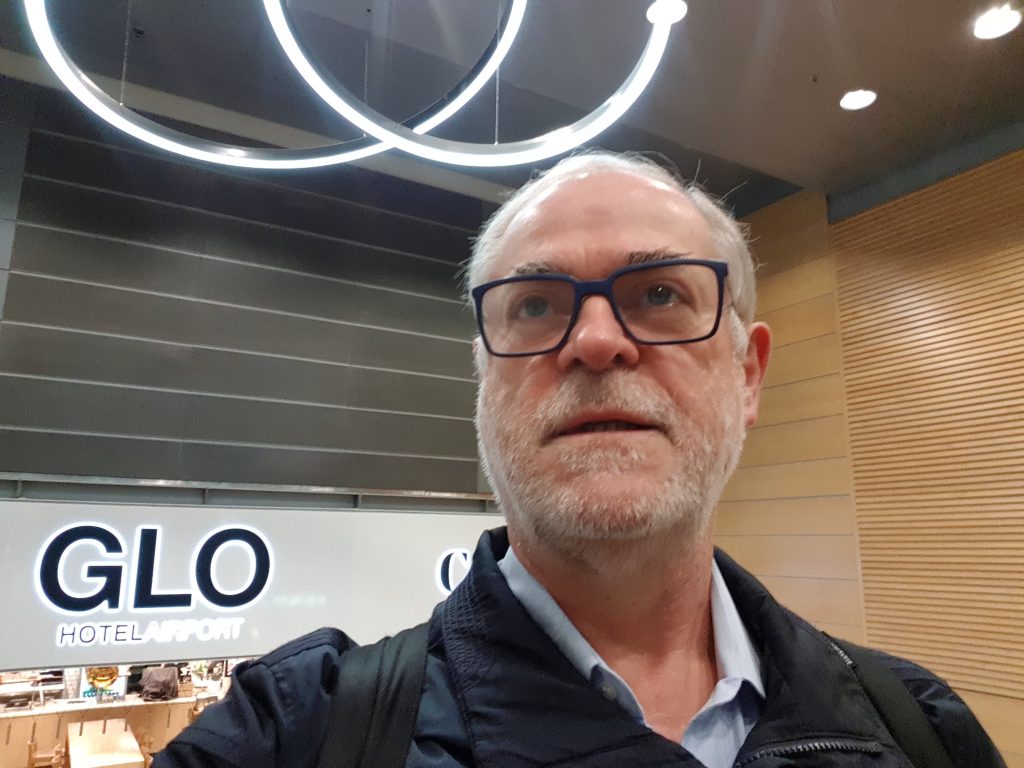
Ends;
The President of the Global Labor Organization (GLO), Klaus F. Zimmermann, is currently the George Soros Chair Professor at the School of Public Policy of the Central European University (CEU) in Budapest, where he teaches a class in Global Labor Economics. On May 8, he will deliver a university-wide public lecture on “Global Labor Economics: Challenges and Benefits” (see here for further details and the possibility to participate).
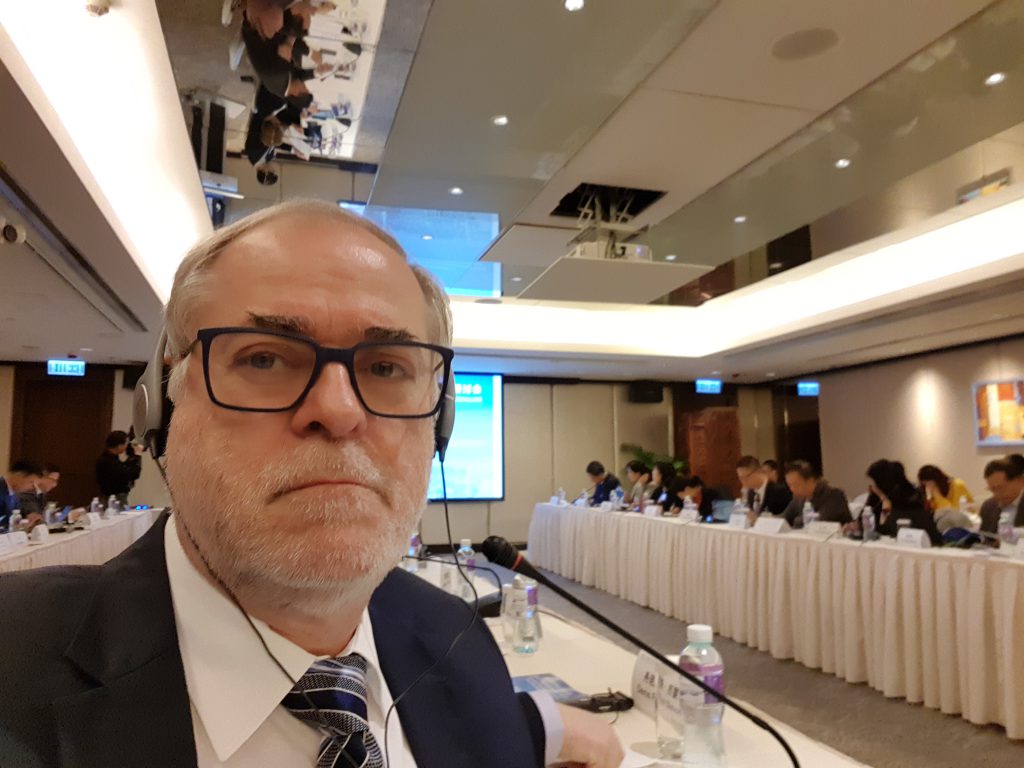
On the initiative of Huiyao (Henry) Wang, the President of the Beijing-based Center for China and Globalization (CCG), a large number of participants representing global organizations recently met in Hong Kong to debate and foster the creation of a World Talent Alliance. The event, organized by the Center for China and Globalization Hong Kong Council, took place on April 10, 2019. Under the direction and leadership of Henry Wang, a larger number of speakers debated the needs and perspectives of global talent flows.
George Soros Chair and GLO President Zimmermann was participating at the event. Representing GLO, he was given the honor to open the panel debate on the future of talent movements around the world. While being a long-term advocate of regulated (legal), but open global labor flows, Zimmermann explained the large potentials of talented worker flows for global welfare and regional development. He strongly welcomed the Chinese initiative fostered by Henry Wang, which as he said would “nicely complement the Chinese Belt & Road project“.
Transnational movements of talent have become a key component of economic growth and international relationships. The global movement of talent fosters societal change, generates well-being of the public and promotes peace and development around the world.
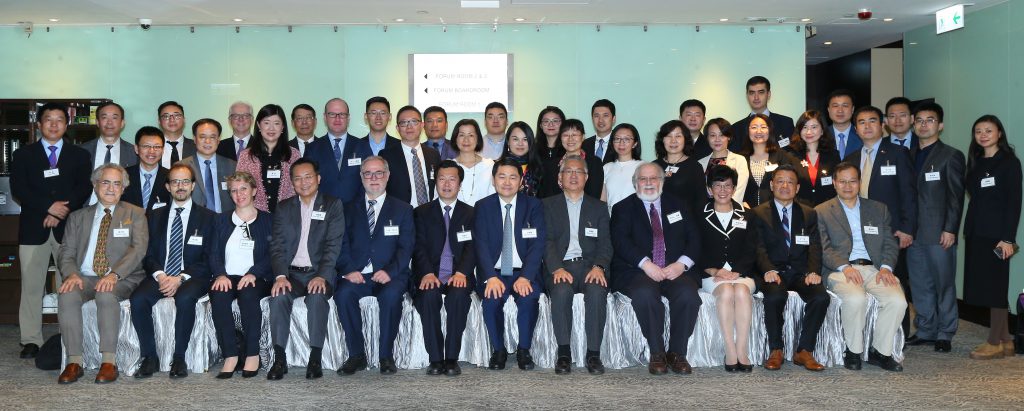
Ends;

To participate please register with: BallB@spp.ceu.edu
Ends;
The Central European University (CEU) has appointed Klaus F. Zimmermann, who is also President of the Global Labor Organization (GLO), the George Soros Chair Professor at the School of Public Policy of CEU for April-June (Spring Term) 2019. He took residence in Budapest on April 1, 2019 and teaches since then a class in “Global Labor Economics” and will provide the public George Soros Lecture on “Global Labor Economics: Challenges and Benefits” on May 8, 2019 (see special announcement).
Budapest has played a particular role in the academic career of Klaus F. Zimmermann. Already early 1984, he received as academic youngster the honor of an invitation to the small-scale Winter Symposium of the Econometric Society, which took place in Budapest guided by Martin Hellwig, Janos Kornai and Jean-Jacques Laffont. In 1990 he came back as the then Secretary of the European Society for Population Economics (ESPE) to speak at the Workshop “Demographic Change and Social Policy” of the demographic institutes of the countries of the Eastern Socialist Block organized by the Hungarian Demographic Research Institute. Its then Director Istvan Monigl had invited Zimmermann and showed him also parts of Hungary in a personal tour. The ambitions of the two men was to initiate soon a big population economics congress in Budapest to foster change, which was achieved in 1993 when the annual ESPE congress took place in the city. Zimmermann came back regularly since then.
While 1984, 1990 and 1993 were visits in periods of change and transition with a high appreciation of freedom, mobility and collaboration, the current visit as a George Soros Chair Professor takes place in a period where free mobility, academic independence and European unity face declining popularity.
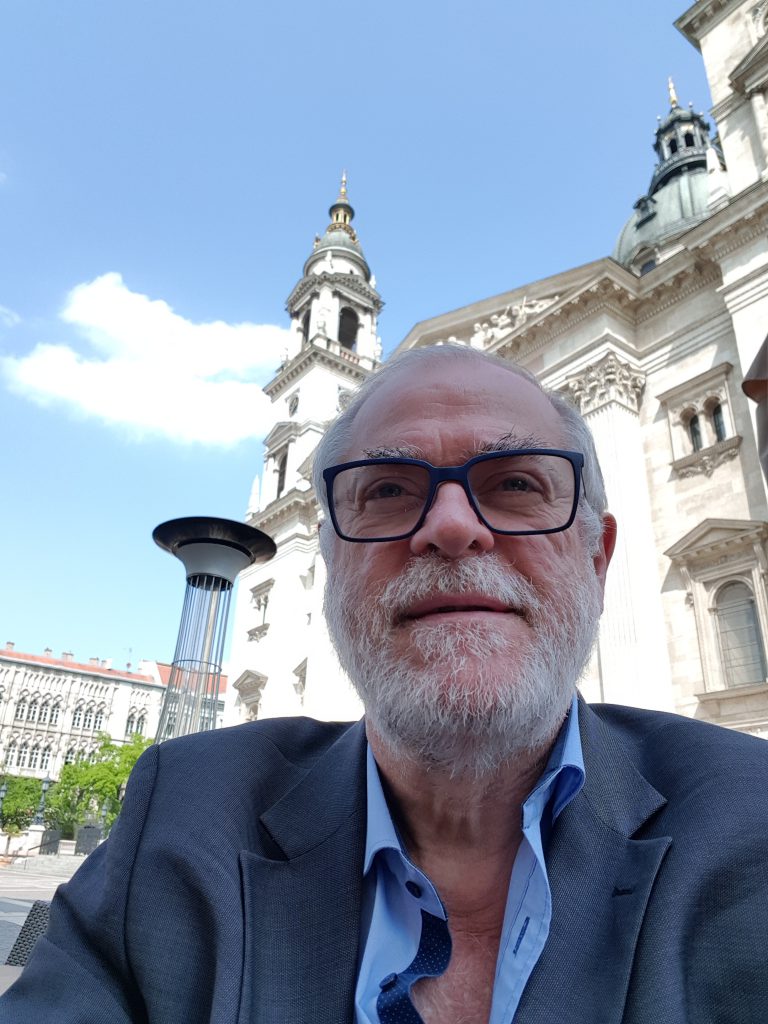
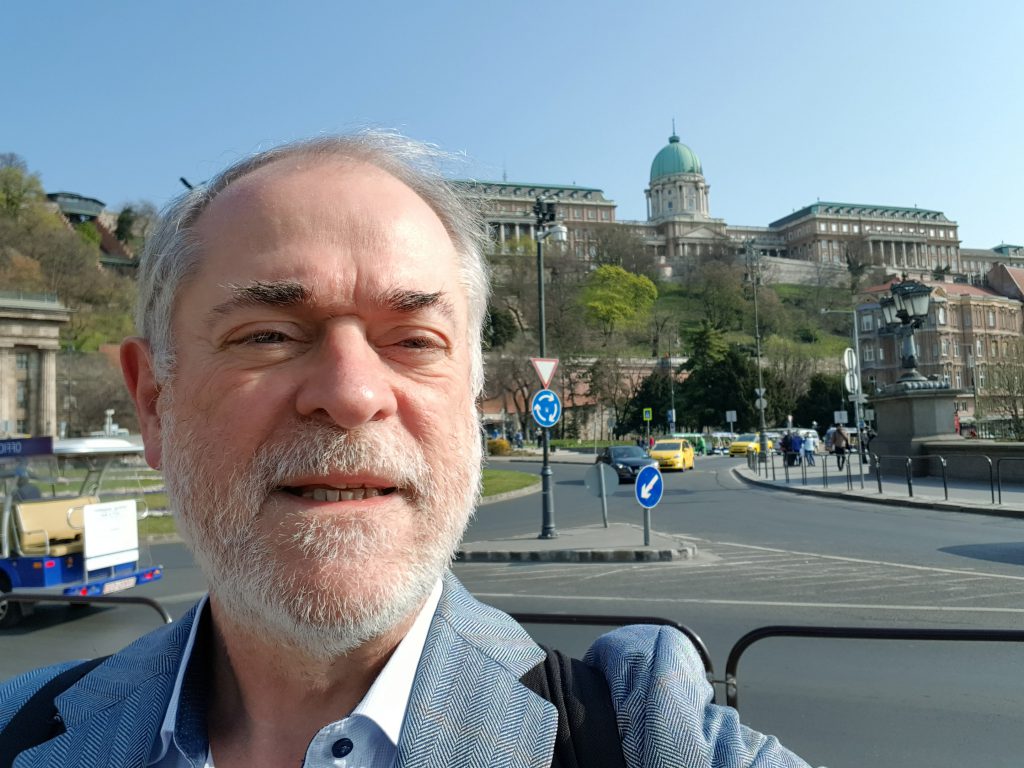
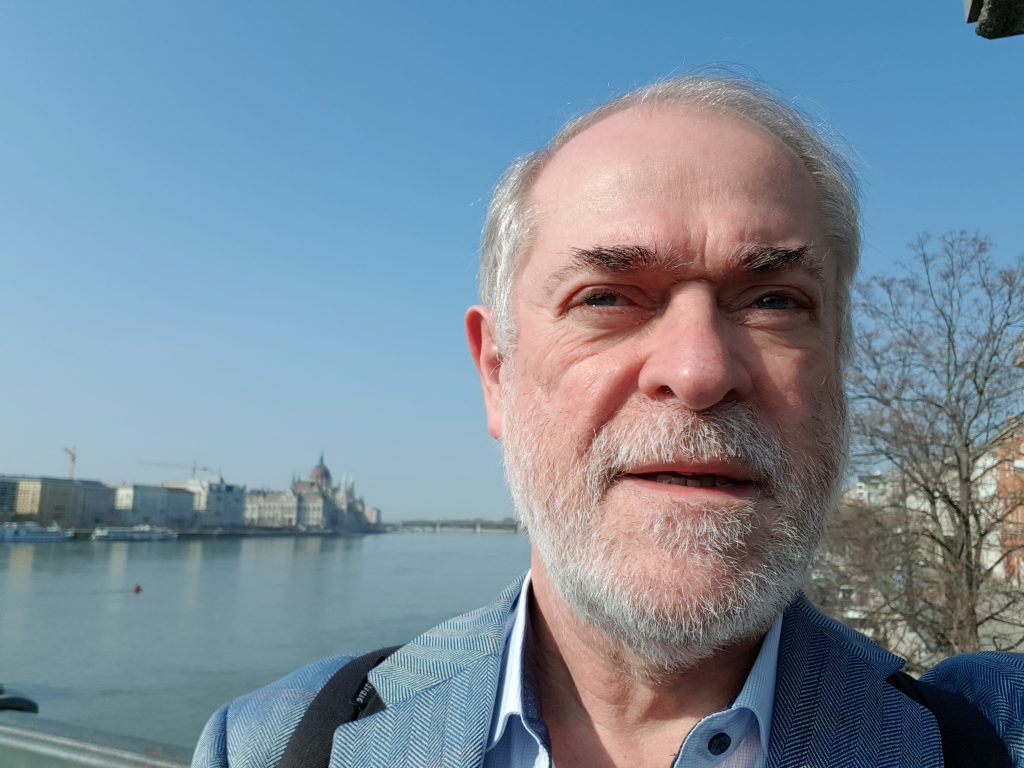
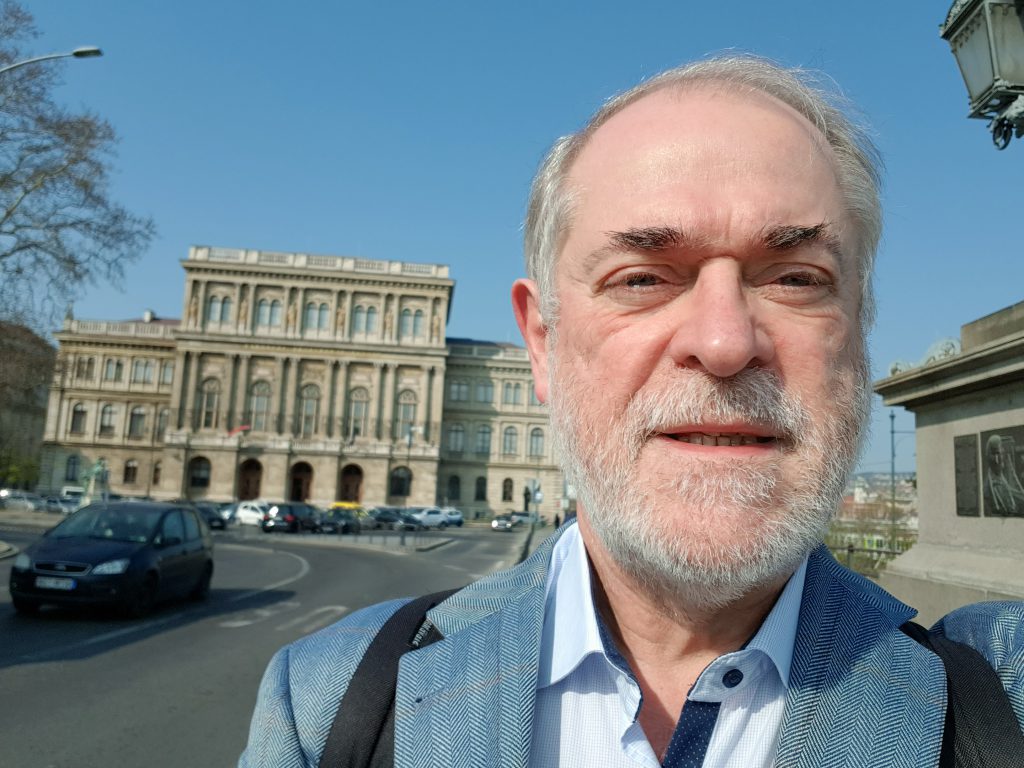
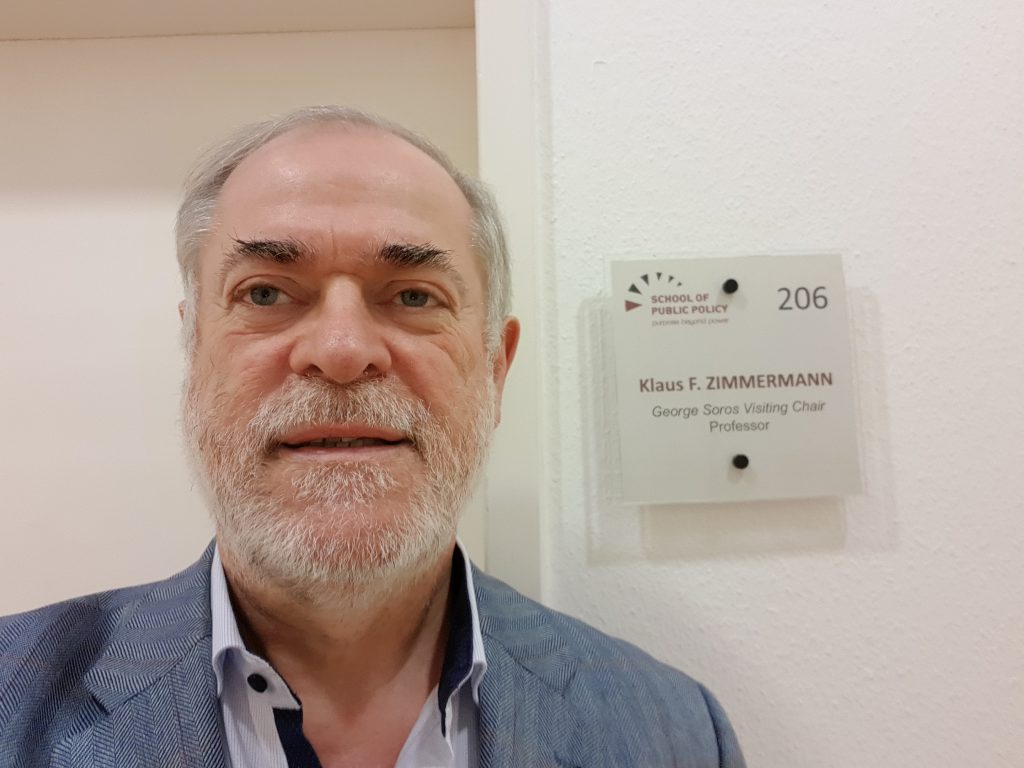
Ends;